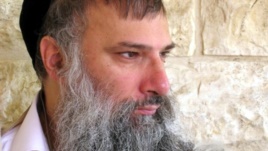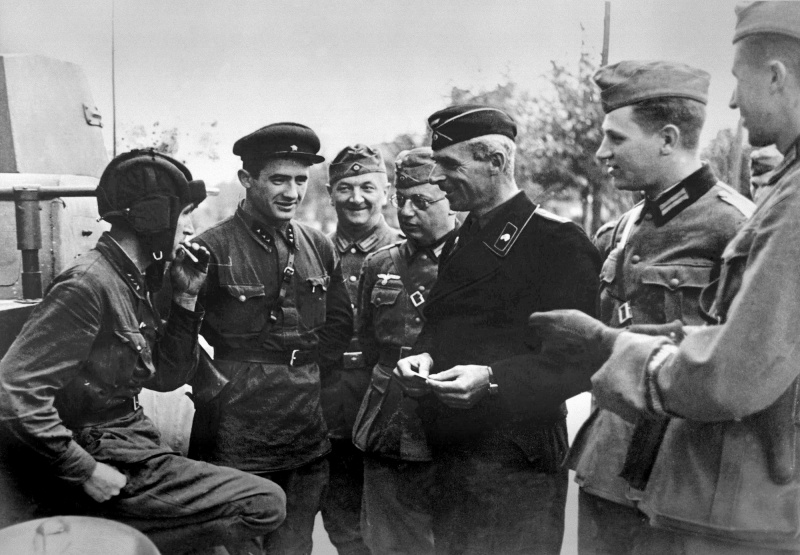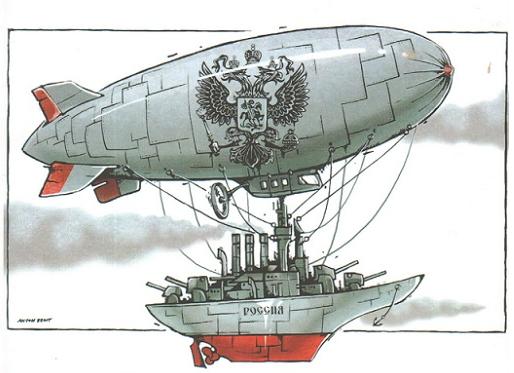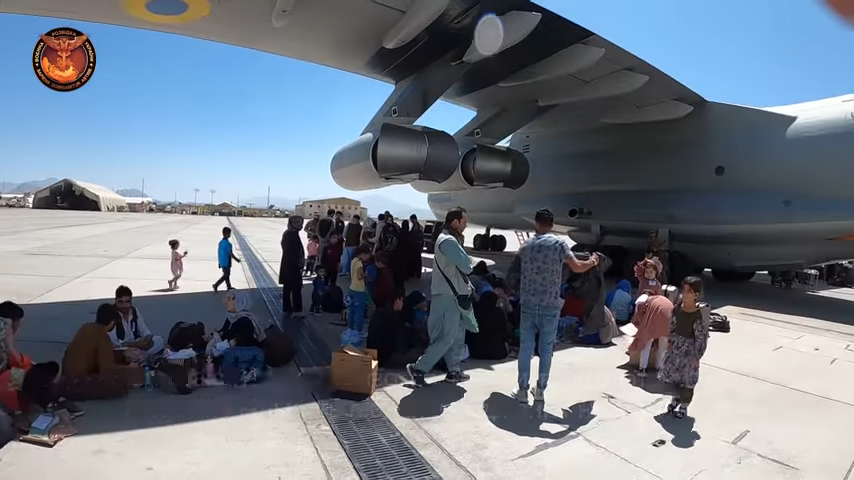Vladimir Putin should be compared with Stalin rather than with Hitler, Avraam Shmulyevich says, not only because he is seeking to use an east-west alliance to legitimize his seizure of territory but also because Putin has played “no less a role” in the creation of ISIS than the Soviet dictator did in “the strengthening of German fascism.”

In an interview with Kseniya Kirillova posted on Krymr.com, the Israeli rabbi and analyst approaches this issue with great caution, indicating what is known and what is only suspected because the Russian government has done little or nothing to dispel the suspicions its actions have generated.
“Radical Islamism began with the invasion of the USSR into Afghanistan,” the Israeli analyst says. “All the more radical Islamists including Ben Laden came out of the struggle with the Soviet Union. The second push to the growth of radicalism was given by the invasion of Russia into Chechnya.” In both cases, the Islamists saw Moscow as the enemy.

At the same time, “the largest number of ISIS militants are being recruited from Russia and the other countries of the post-Soviet space,” he says. “In part, this is connected with the fact that over the course of many years, the Russian special services have ‘pushed’ their own Islamists toward Syria and Iraq, putting before them the choice: emigration or jail or murder.”
“Of course,” Shmulyevich says, “we do not know the motives of the FSB in this: did they only want to cleanse their own territory of unsuitable elements or did they intend to strengthen ISIS. But whatever the case, it remains a fact that precisely the Russian special services sent there the most motivated and educated contingent of militants.”
The Israeli analyst says that he does not now have “any data about how much the Russian special services are today using their old ties with the Islamic State … or even how much ‘the Islamic underground’ in Russia is controlled by the special services.”
“However, if Russia wants to avoid accusations of cooperating with ISIS, it should at a minimum clarify this issue.” Instead, “Moscow in the course of several years has crated ‘a green corridor’ for the militants who want to join the terrorists.” Moreover, Russian agencies undoubtedly have large dossiers on these people and “one would like to understand how they are using these.”
Yet another facto which “does not speak in Russia’s favor,” Shmulyevich continues, is that it is precisely the country “which stands at the origins of Arab terrorism;” and “all those method which Islamist terrorists use now, including the seizure of planes and suicide bombers were developed by the KGB and its satellites” in Soviet times.
Despite that, he says, he is “not inclined to consider that Putin stands behind the Paris terrorist attacks and supposes that they were completely organized by ISIS itself. However, “the Russian leader used the tragedy in his own interests to the maximum extent possible” and is seeking “to convince the West that Russia has become a reliable ally in the struggle with terrorism.”
The Kremlin leader is having success in that regard, especially since he appears to have accepted the idea that his ally Assad will have to leave office. But that will create problems for him: he will have to assume the difficult task of providing security in the region. At the same time, if he gets bases there, he will have achieved a longstanding Russian dream.
And “it is possible,” Shmulyevich continues, that the price for all this that Putin will extract from the West is Ukraine. Already it appears that “unfortunately” the West is moving in the direction on Ukraine that Moscow wants, and that risk “will increase with each new ISIS terror attack.”





